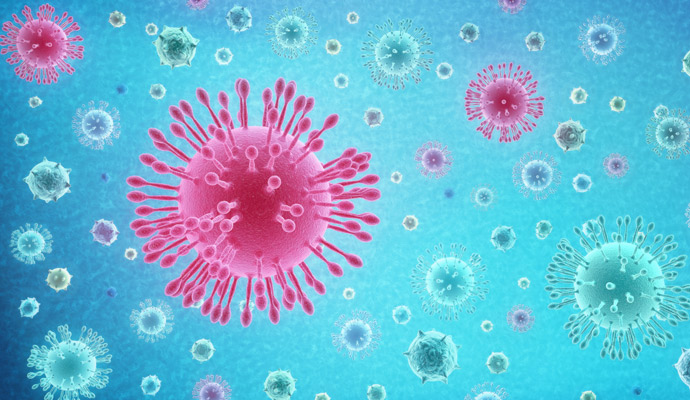Eli Lilly Launches Global Study of COVID-19 Antibody Treatments
The placebo-controlled study will assess the safety and tolerability of potential COVID-19 antibody treatments in patients hospitalized with the coronavirus.

Source: Getty Images
- Eli Lilly and Company recently announced that patients have been dosed in the world’s first study of potential COVID-19 antibody treatments.
For more coronavirus updates, visit our resource page, updated twice daily by Xtelligent Healthcare Media.
LY-CoV555 is the first investigational medicine produced from the partnership between Eli Lilly and AbCellera to create antibody therapies to treat coronavirus.
Lilly researchers developed the antibody in three months after AbCellera and the Vaccine Research Center at the National Institute of Allergy and Infectious Diseases (NIAID) identified it from a blood sample taken from one of the first US patients who recovered from COVID-19.
The patients were dosed at major medical centers in the US, such as NYU Grossman School of Medicine and Cedars-Sinai in Los Angeles, Eli Lilly said.
"We are committed to working with our industry partners to generate scientific evidence to meet the urgent need for treatments that reduce the severity of COVID-19 disease," Mark J. Mulligan, MD, director of the division of infectious diseases and immunology and director of the vaccine center at NYU Langone Health, said in the announcement.
COVID-19 antibody treatments hold promise as “effective medical countermeasures” against the highly contagious and deadly novel coronavirus, said Mulligan, who is also the Thomas S. Murphy senior professor in the Department of Medicine at NYU Langone.
Experts are actively looking to pursue antibody treatments as a complementary tool to fight COVID-19.
Unlike vaccines, antibody treatments don’t produce lasting protection against a disease. Instead, these treatments are meant to equip bodies with tools to immediately fight off an infection, or prevent an imminent contagion.
Robert Carahan, associate director of the Vanderbilt Vaccine Center explained that antibodies have a faster pathway to deployment. “We either let everybody get the disease or we get a vaccine, and antibodies can bridge us to that moment where we have it,” he stated in a recent Wired article.
If Phase 1 results show the antibody can be safely administered, Lilly stated that it expects to move into the next phase of testing and study LY-CoV555 in non-hospitalized COVID-19 patients.
The company also plans to study the drug in a preventative setting and focus on vulnerable populations who are generally not typical candidates for vaccines.
"Later this month, we will review the results of this first human study and intend to initiate broader efficacy trials. At the same time as we are investigating safety and efficacy, we also are starting large-scale manufacturing of this potential therapy,” said Daniel Skovronsky, MD, PhD, Lilly's chief scientific officer and president of Lilly Research Laboratories.
“If LY-CoV555 becomes part of the near-term solution for COVID-19, we want to be ready to deliver it to patients as quickly as possible, with the goal of having several hundred thousand doses available by the end of the year.”
Existing Lilly medicines are also being studied to understand their potential in treating complications of COVID-19, and the company is collaborating with two biotech companies to discover novel antibody treatments for COVID-19.
At the beginning of May, Eli Lilly Company and Junshi Biosciences entered into an agreement to co-develop COVID-19 antibody therapies for the prevention and treatment of the coronavirus.
Junshi’s SARS-CoV-2 antibody, JS016, is a fully human monoclonal neutralizing antibody that is specific to this strain of coronavirus surface spike protein receptor-binding domain, Lilly noted. The antibodies can effectively block the binding of viruses to host cell surface receptor ACE2.
With the help of Lilly, the company’s CEO Ning Li, MD, PhD, anticipates a faster track to clinical development.
“At the same time, by leveraging Lilly's global presence and capabilities, we have the potential to reach broader COVID-19 patient populations in a wider range of countries and regions,” Ning Li concluded.
